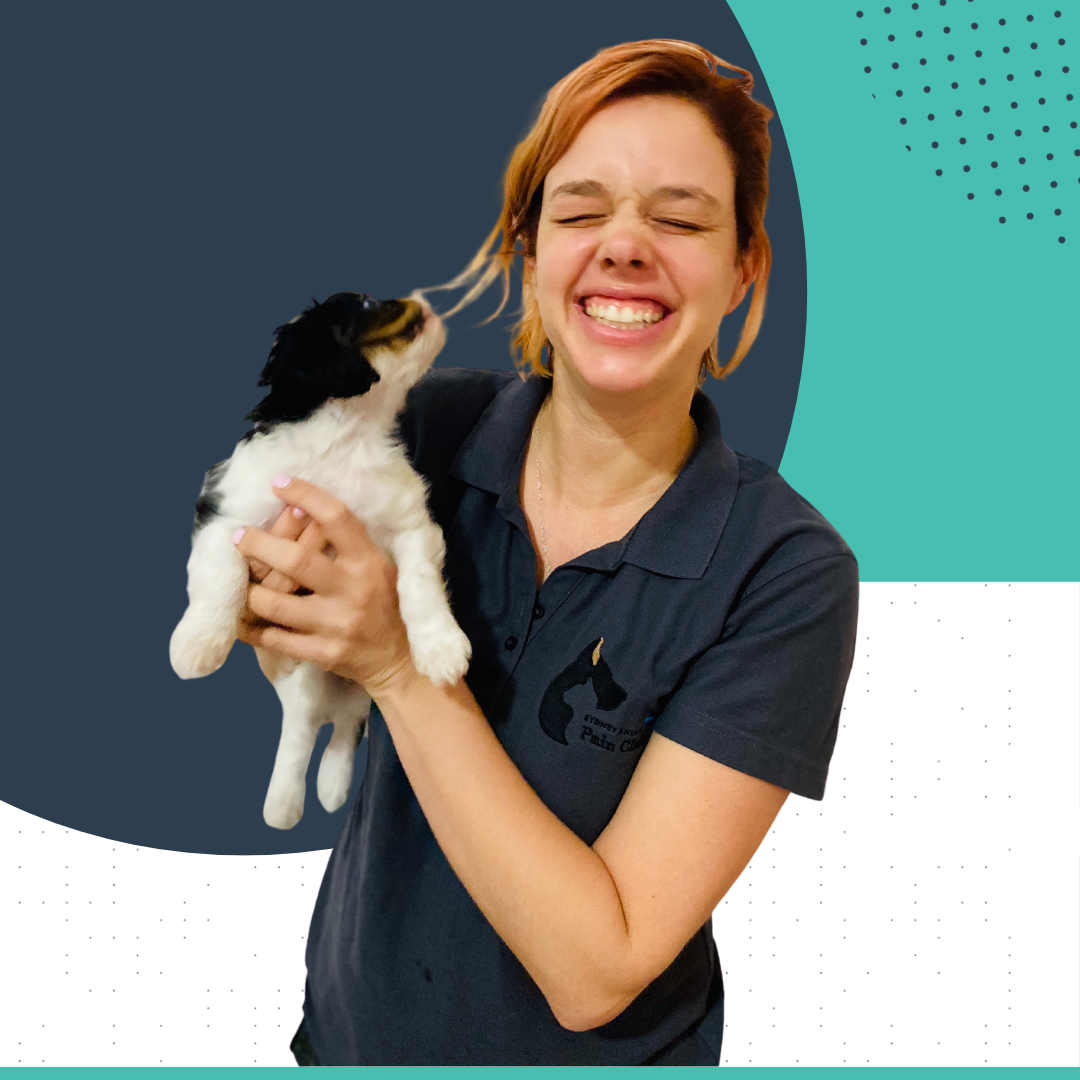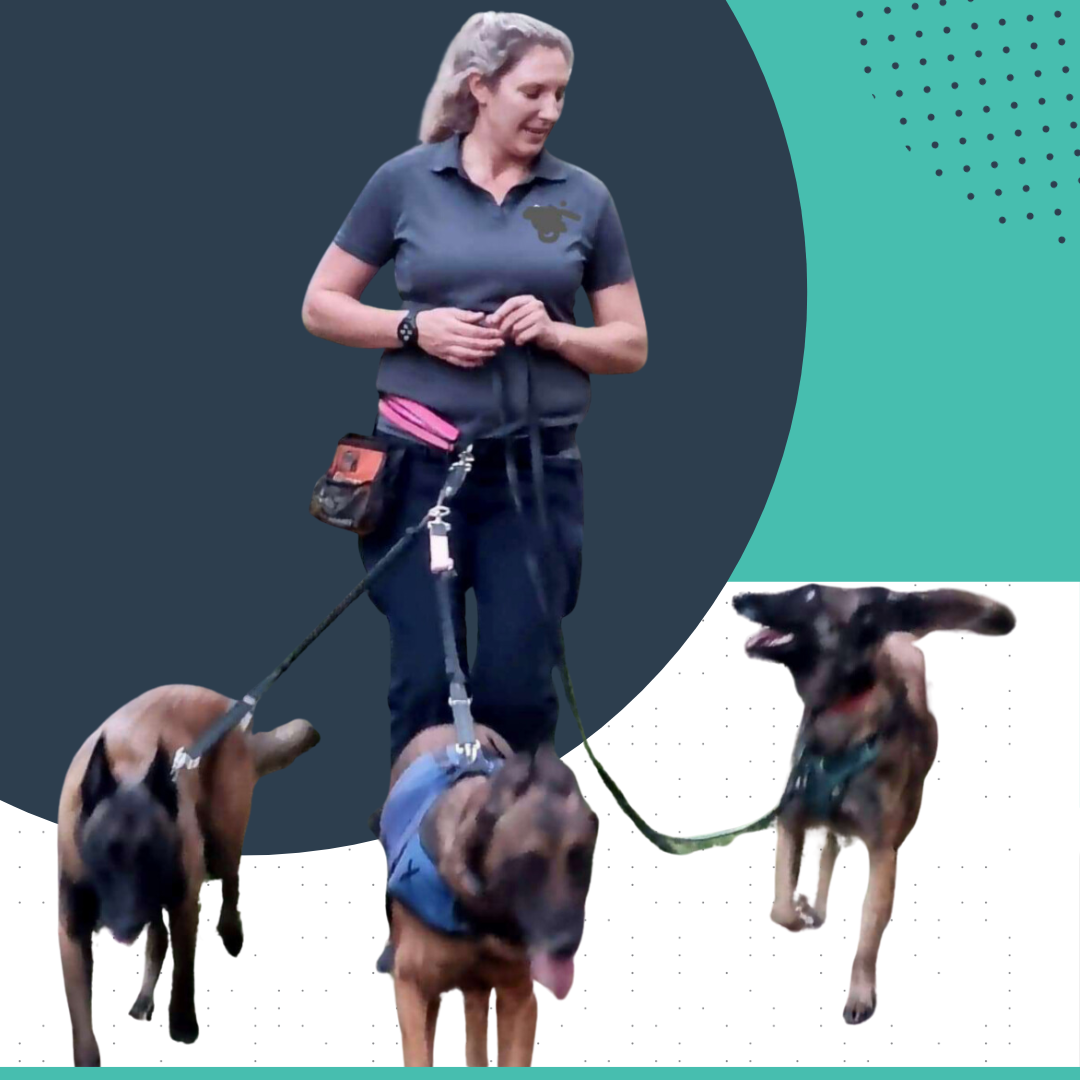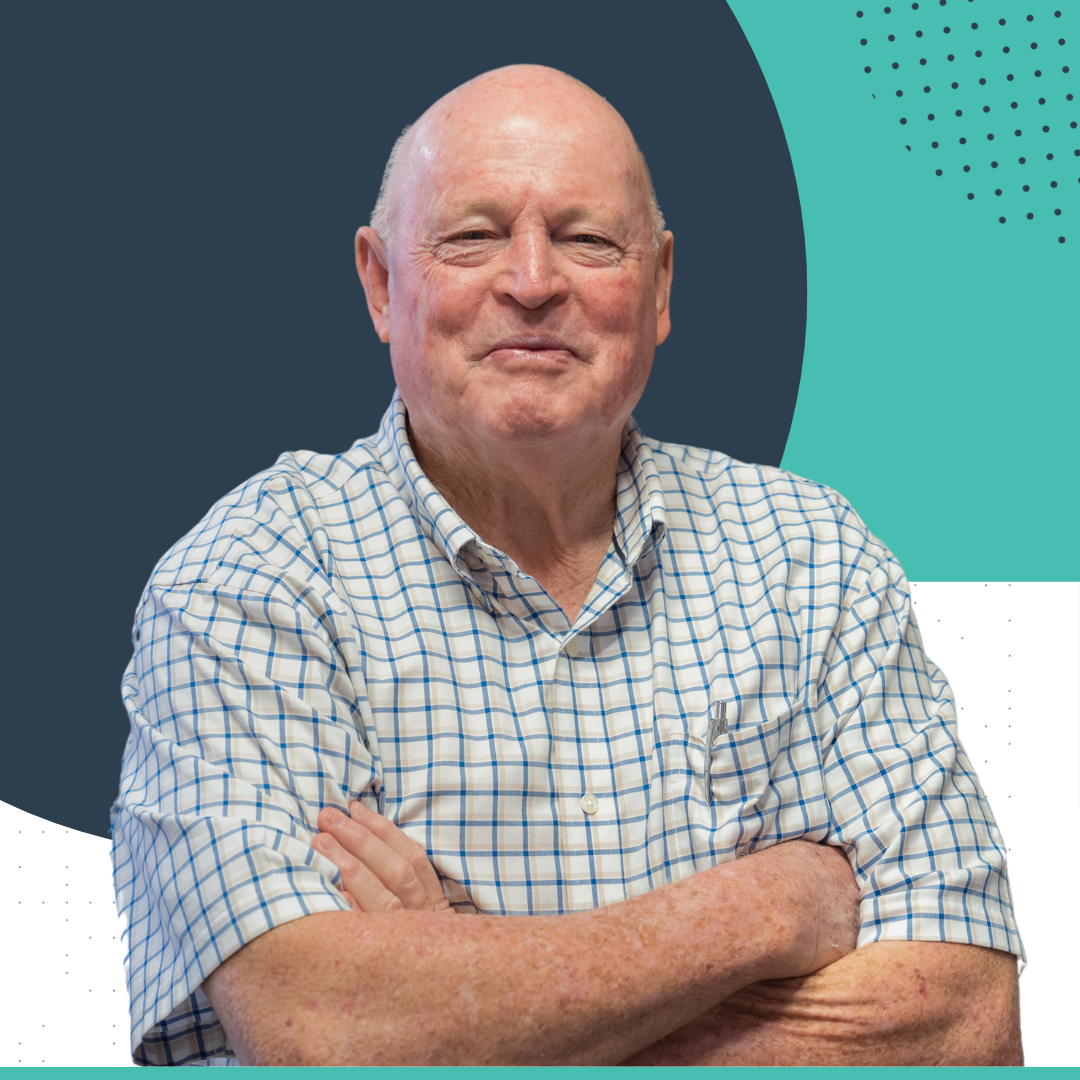Controversies in Veterinary Medicine & Surgery

Open castrations are old school, CBD oil is here, and you might not need to delay insulin in DKA patients. There’s more. We can all be more creative with anaesthesia, and if you make an effort to manage patient stress, your day will run more smoothly (you don’t even need to live stream doggie yoga or bathe in essential oils).
This course presents a range of need-to-know updates in medicine, surgery, anaesthesia, behaviour, analgesia and conscientious, sustainable veterinary practice.
Controversy deserves your attention. Here’s your chance to up skill and update across 5 key areas of veterinary practice, all within a fully-flexible online course format.
What has changed?
// Should you change what you’re doing?
// Did you blindly follow the crowd on a new technique?
// Do you cling to what you were taught at uni?
// And are any of these things real problems?
Veterinarians are curious folk, but it’s hard to stay current in every area of veterinary science. This online series takes a broad look at what we do and why we do it, bringing controversial elements to you without criticism or an agenda.
-
SIX MONTHS OF ACCESS TO COURSE LIBRARY
-
CPD WHENEVER YOU WANT
-
HEAR FROM THE EXPERTS
-
CERTIFICATE UPON COMPLETION
-
MOBILE FRIENDLY INTERFACE
FIND OUT WHAT’S NEW
- Useless vs useful surgical techniques & procedures
- IM & IV strategies for general anaesthesia
- Evidence-based CBD therapies for dogs & cats
- Quality behaviour advice to share with your clients
- When you can relax (a bit) about treatment options in ECC
- Positive steps to reduce your environmental impact
Why should you do this course?
This is your opportunity to gain traction in multiple areas of veterinary science, all at the same time. Update, confirm or adapt your clinical position on a number of topics from experienced presenters in anaesthesia, surgery, behaviour, internal medicine, emergency and critical care, and sustainable veterinary practice.
It’s also a chance for you to settle some of those heated discussions in the practice.
COURSE OUTLINE
This session tackles misconceptions and misinterpretations in surgery, and brings you a series of recommendations that have changed in recent times. We’ll explore surgical debates like open versus closed castration, and show you how to stop stressing about closure methods for hollow viscera. Side note: did you know that single layer appositional has been the recommendation since 1812?
Other topics include:
// Using Penrose drains – Charles Bingham Penrose would be rolling in his grave
// Postoperative antibiotics – what does the evidence tell you?
// What’s real: fibrocartilaginous embolism vs high speed non-compressive disc herniation?
// Cholecystoenterostomies – why are we still teaching this when even Whipple himself abandoned the technique in 1945?
Module 2: Medicinal Cannabis – Dr Leon Warne
There is rapidly growing interest in the potential therapeutic use of cannabis for companion animals around the world. Unfortunately, there is a profound lack of formal veterinary education on the endocannabinoid system (ECS) and its clinical manipulation, despite its discovery more than 30 years ago.
This gap has left practitioners with a lack of knowledge, as well as comfort, in meeting the demands placed on them by clients. Some of these concerns revolve around the legality of prescribing cannabis as well as the challenge in accessing safe, quality-controlled, pharmaceutical-grade formulations.
This session explores these concerns and provides clarity around some clinically relevant questions, including which situations warrant medicinal CBD, what is an effective dosing strategy, and what precautions you should take before you prescribe it.
Module 3: Behaving Ourselves – Dr Natalie Maticka
You can improve the workflow, efficiency, safety and comfort of animals and humans in your practice if you just have an open mind. This session prepares you to handle controversial behaviour questions intelligently and with authority. You’ll also gain a solid update in clinical behavioural medicine.
// Low stress handling in the veterinary clinic: is it time efficient and cost effective for practitioners?
// Operant conditioning and training methods: the +R (positive reinforcement) debate.
// Behaviour medication: last resort or first line treatment?
// Behavioural euthanasia: can we save them all, or is it just more convenient?
Module 4: Net Zero Opportunities – Dr Jeremy Watson
Net zero is inevitable. Atmospheric greenhouse gases will stabilise: either on our terms, or on terms forced on us by mother nature.
The science of climate change is clear that climate change will progress, and all veterinary practices will need to deal with it. Extreme weather events, changing community attitudes, changing government regulations and new green technologies will present both opportunities and challenges.
This module introduces your path to net zero and presents Australia’s first carbon neutral veterinary practice. You’ll see ways to take advantage of sustainable opportunities and mitigate the risks in a transition to a low carbon economy.
Module 5: The Carbon Cost of Anaesthesia – Dr Donna White
Make no mistake: anaesthetic gases are greenhouses gases. The majority of general anaesthesia in veterinary practice involves the use of gaseous anaesthesia, particularly isoflurane. This session presents a range of alternative anaesthesia strategies which are useful for any practice, and some simple ways to reduce – or even eliminate – the carbon cost of veterinary anaesthesia.
In this session, we’ll cover:|
// The basics behind the carbon cost of anaesthesia
// How to reduce the carbon cost of your anaesthesia practice
// Becoming more adaptable with anaesthesia & sedation
// Incorporating multimodal anaesthesia & sedation into your routine practice
// IM & IV alternatives to GA
// How veterinary anaesthesia is moving beyond inhalational anaesthesia, & how you can adapt your clinical skills to keep pace with change.
Module 6: Emergency & Critical Care Conundrums – Dr Terry King
The popularity of veterinary treatments can depend on their widespread and established success over time. Yet occasionally, new evidence makes us spin on our heels and a brand new approach takes hold. ECC is no exception. While contemporary medical theories have a relatively short half-life, we need to challenge the assumptions and integrate the information with our clinical expertise and impressions.
In this module, Dr Terry King presents 6 areas of emergency medicine where new evidence is challenging the status quo:
A VETPRAC COURSE WILL PAY FOR ITSELF
INVEST
Six modules of flexible online learning & a $497 commitment to your professional development
LEARN
A broad range of clinical updates & important topics for real-world clinical practice
RETURN
Use these updates to improve your clinical outcomes, patient care & time management
Your presenter

Dr Donna White

Dr Jeremy Watson

Dr Julian Lunn

Dr Leon Warne

Dr Natalie Maticka

Dr Terry King
CHOOSE YOUR PAYMENT OPTION
UPFRONT PAYMENT
$497 AUD
PAYMENT PLAN
x 4 monthly payments of $134
Your Questions Answered
What is “On Demand”?
How and when do I access learning materials?
We use a one-stop learning platform for our web-based courses. It’s intuitive, simple and easy to navigate, and we’ll email login details to you as soon as your purchase is confirmed. You can access notes, recordings and resources any time of day or night via your personalised course library. You don’t have to watch a whole video in one sitting, and you’re in complete control.
How long is course access open?
24/7 access is available for 6 months via your course library, starting on your purchase date. For example, if you sign up on July 1st, your access will be open until January 1st the following year. We’ve chosen 6 months because veterinary medicine moves fast and our goal is to provide up to date learning materials to the VetPrac community. The education team will assess, review and update the course at the end of the subscription period. This way, we know we’re offering only current and relevant information.
What kind of learning materials are included?
Each course is different but they all include video presentations recorded live during our most popular online courses and webinars. Our educators may provide a variety of other resources, so you can expect images, diagrams, course notes, slide presentations, journal articles, links to further reading, and more.
Is there learning support available?
Of course! We’ll stay in touch with a monthly email to check in with you, and share important information with you. We’ll also remind you when your access is about to finish. If you need a hand (or if you just want to chat) our online learning team is available via email [email protected] or on 0491 943 260.
Are there assessments to complete?
Yes, but they’re not mandatory. At the end of the course there will be multiple-choice questions available through the learning platform. You’ll need to pass these to receive your CPD certificate.
Will I get CPD points and a CPD certificate?
Each registration is worth a specified number of CPD points. Once you complete the quiz questions at the end of the course, a certificate will be generated and emailed to you. The certificate will be issued in the name of the person listed on the registration form.
Will I get CPD points and a CPD certificate?
Each registration is worth a specified number of CPD points. Once you complete the quiz questions at the end of the course, a certificate will be generated and emailed to you. The certificate will be issued in the name of the person listed on the registration form.
What happens when time runs out?
At the end of 6 months, your subscription will end. You’ll still be able to log in to your course library, but the On Demand course you’ve completed will disappear from the list of courses available to you. You will receive an email when you are nearing the end of your access period, so you can download any resources you need for future use.
